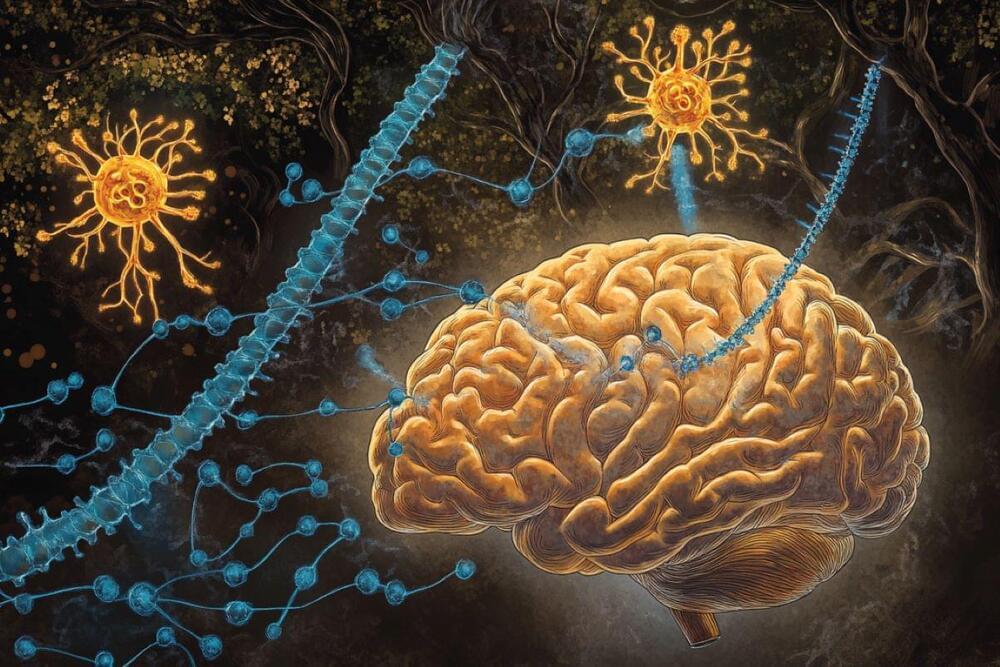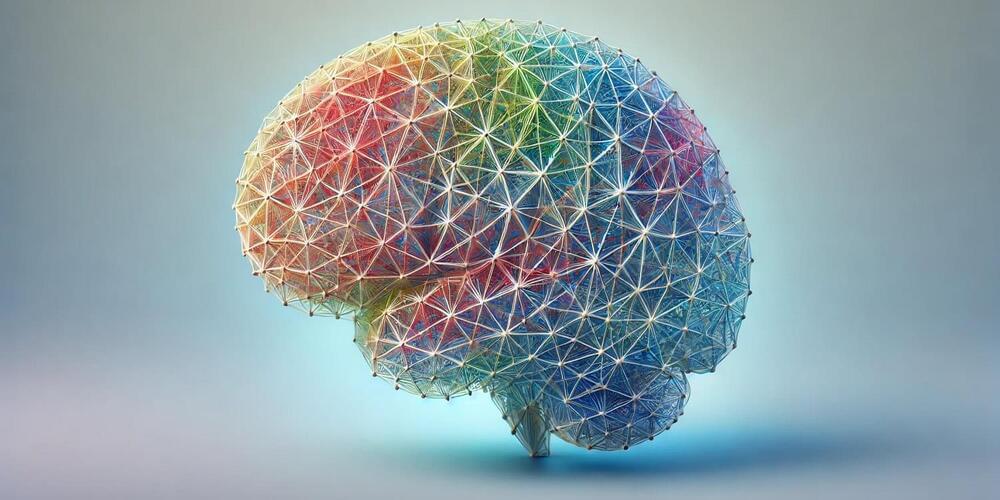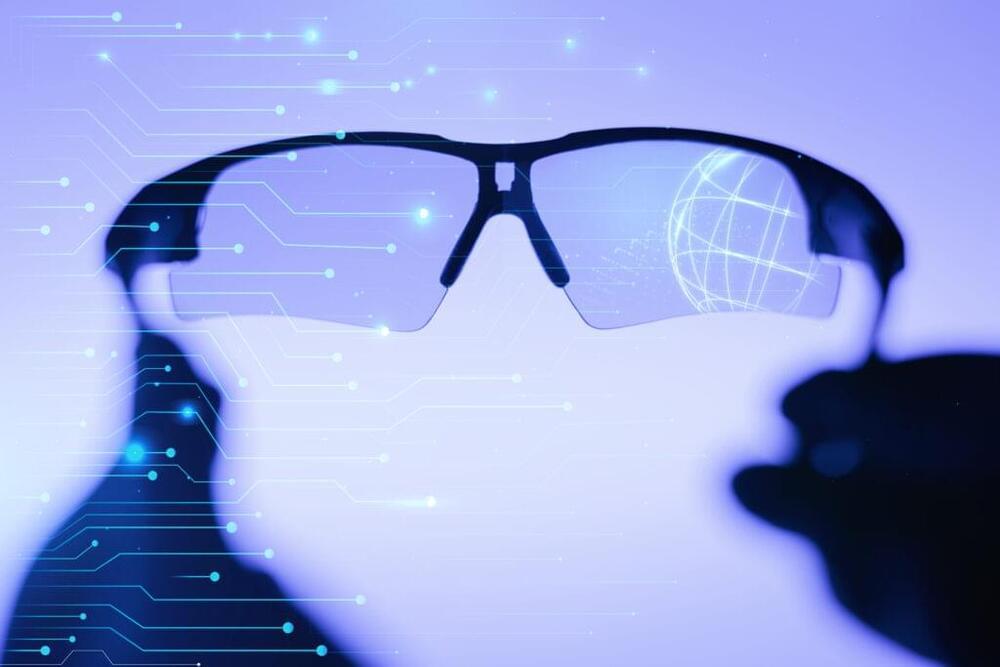Nov 20, 2024
Gene Repair Restores Brain Signal Efficiency in Autism
Posted by Genevieve Klien in categories: biotech/medical, genetics, neuroscience
Summary: Autism-linked SHANK3 gene mutations disrupt not only neurons but also oligodendrocytes, essential for producing myelin, which insulates nerve fibers. This damage reduces brain signal efficiency and impairs behavior.
Using gene therapy, researchers successfully repaired these cells in a mouse model, restoring their function and myelin production. They validated their findings with human-derived stem cells, confirming similar impairments and repair mechanisms.
This discovery highlights a significant role for oligodendrocytes in autism and opens the door for innovative treatments targeting myelin dysfunction. The study underscores both the biological complexity of autism and the promise of genetic therapies for intervention.


















